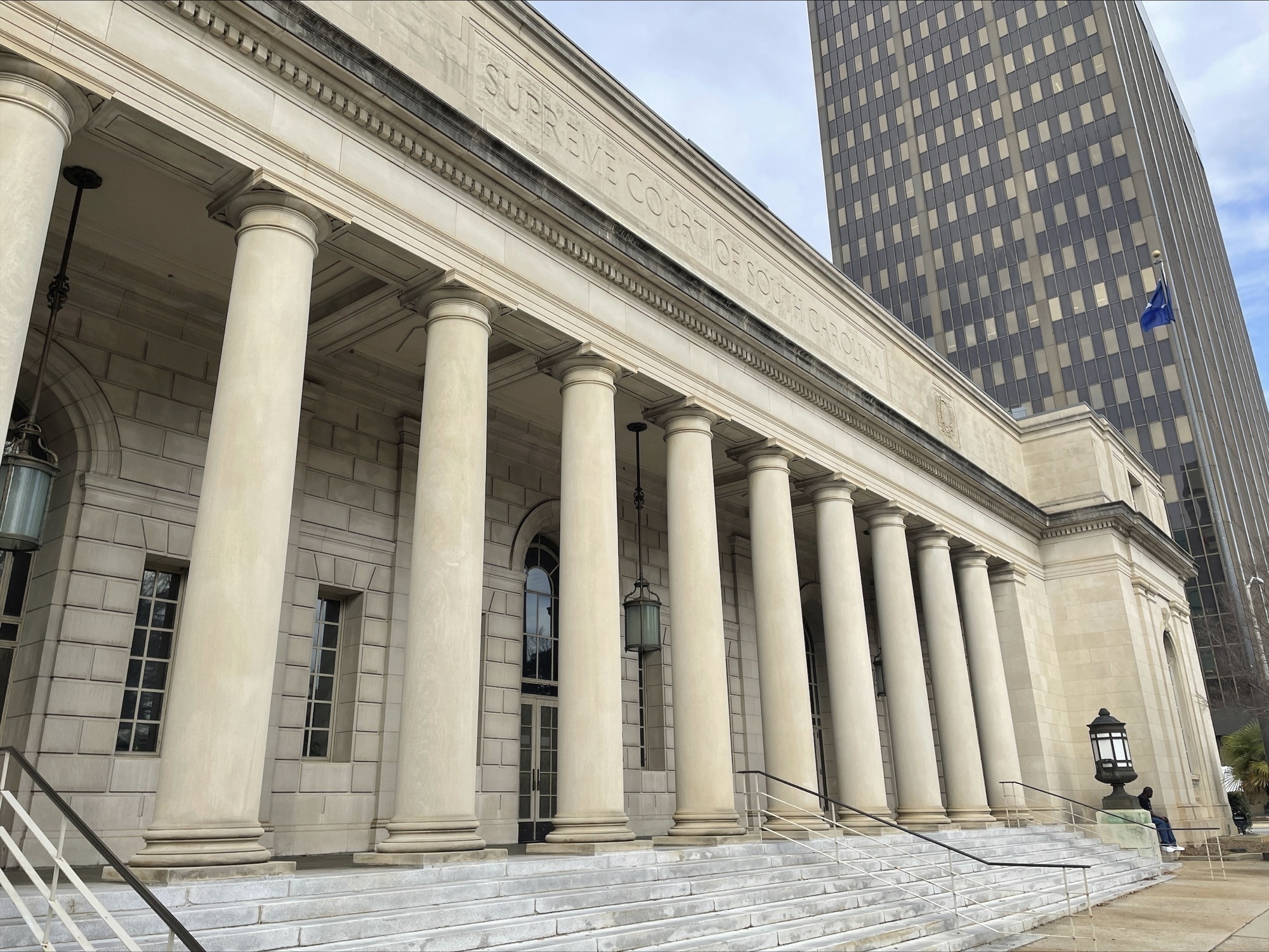The South Carolina Supreme Court announced on Wednesday that all three execution methods currently used in the state are constitutional. This ruling comes in the case of Owens v. Stirling, overturning an earlier circuit court decision that found these methods potentially violate state law.
The court’s five justices unanimously agreed that electrocution, firing squad, and lethal injection are legal. However, opinions varied among the justices. Chief Justice Beatty, who is retiring, indicated partial agreement, deeming the electric chair and firing squad as cruel punishments. Justice John Kittredge expressed that the firing squad is too “unusual” to be constitutional.

This decision follows a 2021 case where four inmates challenged the state’s law allowing these methods, claiming they were cruel and unusual. Justice John Few, writing for the majority, explained that giving inmates a choice in execution method aims to minimize suffering while enabling the state to proceed with executions.
Since the death penalty was reinstated in 1976, South Carolina has executed 43 inmates, with lethal injection being the most prevalent method. According to the law, once the Supreme Court orders an execution, it must be scheduled within four weeks.
The last execution in South Carolina took place over a decade ago, in 2011. Following the ruling, Governor Henry McMaster endorsed the decision, stating it reinforces the rule of law and supports justice for victims’ families.
Currently, South Carolina is one of 27 states in the U.S. that still employs the death penalty. As of 2024, executions have also been carried out in Alabama, Texas, Georgia, Oklahoma, and Missouri, according to the Death Penalty Information Center.
